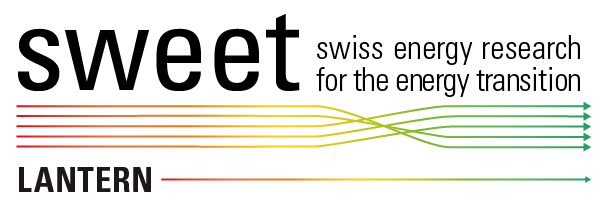SWEET Lantern team is coming together in Bern for a day of reflection and collaboration.
Category: Events
Energy Living Lab @HES-SO – Site Visit
Site visit of the Campus Energypolis in Sion
Scientific insights for sustainable innovation
SWEET Lantern programm at the National Open Innovation Camp
Discover the Mountain Tourism Fresko
A new serious game developped inside the programme
Lausanne Site Visit & Monitoring Panel
UNIL welcomed us for two inspiring days.
Lucerne Living Lab – Site Visit
A day of exchanges and learnings in Lucerne.
Lugano Living Lab – Site Visit
The consortium enjoyed the sunny Lugano!
Retrospective on the first year of SWEET Lantern
A short video review of the first year of activities.
SWEET Lantern at the OLLD
OpenLivingLab Days is the flagship annual event organized by the European Network of Living Labs (ENoLL).
National Open Innovation Camp 2023
Research Day at the NOIC in Winterthur! SWEET Lantern hosted the final day of the National Open Innovation Camp (NOIC) dedicated to research in Winterthur in strong collaboration with WinLab (Living… Continue reading National Open Innovation Camp 2023










